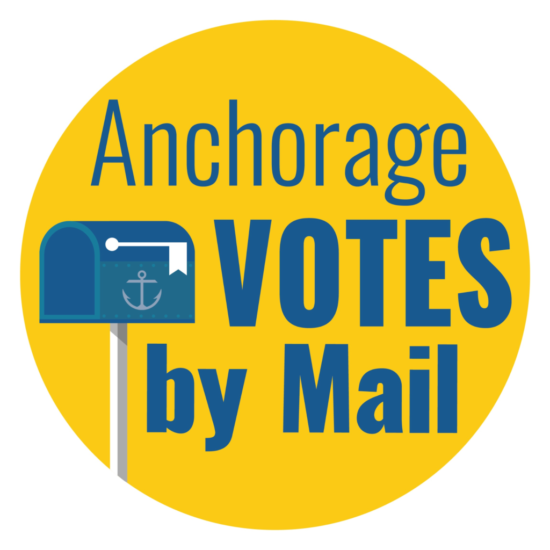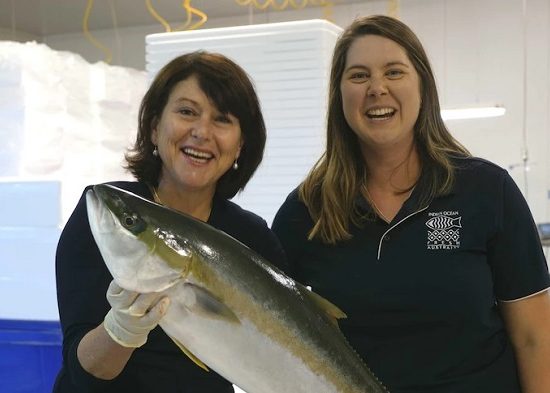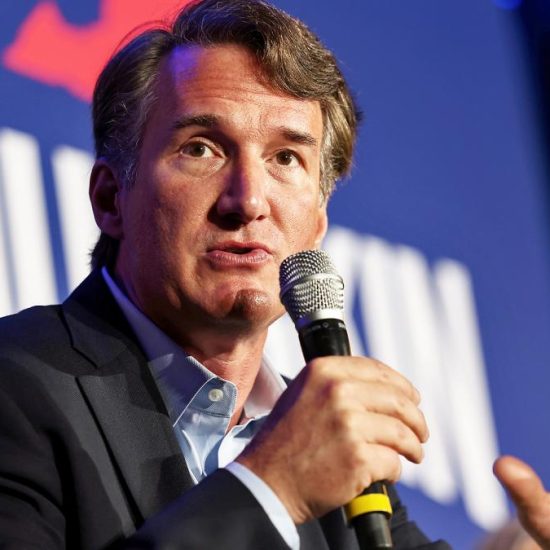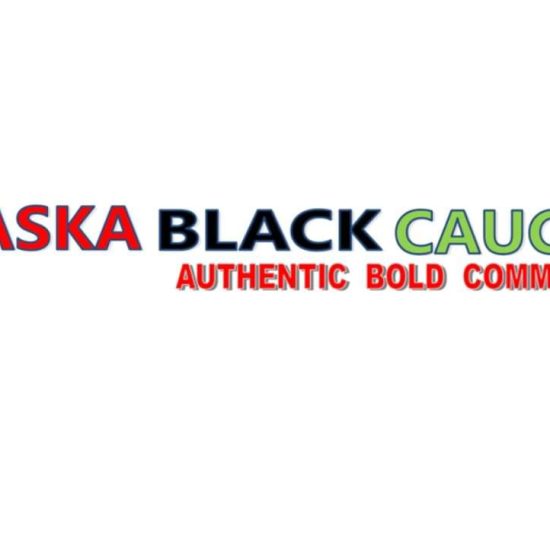More than 500 people from 38 states packed a conference center just outside Denver on Wednesday for a crash course in “lessons learned” when it comes to marijuana legalization.
Of the 500, 40 claim Alaska as home. They include members of local governments from Fairbanks and Anchorage as well as members of state government who in less than six weeks will begin making marijuana rules.
The conference, “Marijuana Impact on Public Health and Safety in Colorado,” is hosted by the Colorado Association of Chiefs of Police. A contingent of Alaska officials on Tuesday also toured several marijuana businesses in the Denver area, coordinated by the law firm Vicente Sederberg, which specializes in marijuana legalization.
The conference, which costs $325 per person, is open only to law enforcement personnel, regulators and policymakers. Media and the public aren’t allowed in the sessions, which run through Friday. The conference sold out, with only a waiting list available Wednesday morning, according to Marco Vasquez, chief of police in Erie, Colorado, and marijuana director for the Colorado Association of Chiefs of Police. He is also the former chief of investigations for the Colorado Department of Revenue’s medical marijuana enforcement division.
Vasquez, who helped plan the conference, said he and about a half-dozen other police chiefs approached the conference with a “lessons-learned approach.” He said the goal is to share what Colorado officials have learned so far about marijuana legalization in the state.
“Whatever is going to happen with marijuana legalization, you don’t necessarily want to be the first, but that’s what happened with Colorado,” Vasquez said in a telephone interview Tuesday. “Alaska can now really benefit from some of our lessons and do things better than we did, simply because they are able to learn from our experience.”
Vasquez said he was proud of some of the things the state did right, but there were other areas he felt needed work. Better data collection, especially in public health and safety, would help, he said.
image credit Colorado Association of Chiefs of Police











